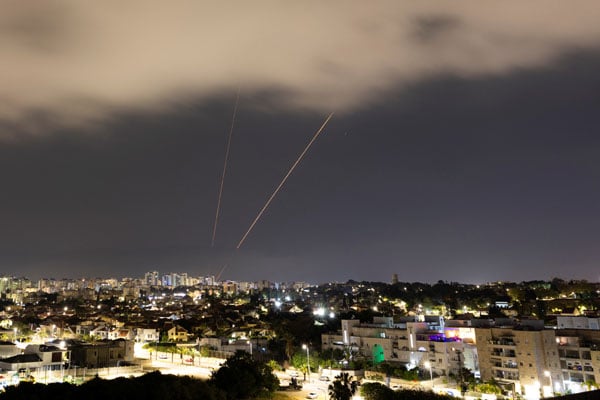UK professor testifies against LRA’s Ongwen
KAMPALA.
A London-based professor on Monday became the first prosecution witness to testify against Dominic Ongwen, the former commander of the Lord Resistance Army (LRA) rebel group, who is facing 70 charges relating to his command role in the nearly two-decade war in northern Uganda.
The proceedings against Ongwen resumed at the International Criminal Court (ICC) in The Hague this week, more than a month after the trial formally began on December 6, 2016.
The prosecution’s first witness was Tim Allen, a professor at the London School of Economics who previously chronicled for the prosecution the history of the conflict in northern Uganda and the role played by the Joseph Kony-led LRA.
Uganda became the first State party to the Rome Statute, which founded the ICC, to refer an internal situation to the ICC. The court , in 2005 indicted Kony, Ongwen and three other LRA commanders who have since died.
Ongwen, alleged to be the ex-commander of the rebel group’s powerful Sinia Brigade, was taken to the ICC after he surrendered in January 2015. He is charged with, among others, plunder, pillaging, murder, attempted murder, sexual enslavement --- all war crimes and crimes against humanity offences --- during attacks on four Internally Displaced People’s camps between 2004 and 2005.
As a first prosecution witness, Prof Allen who has been researching about the LRA and northern Uganda since the 1980s, provide a historical and political context to the conflicts.
Ongwen is on trial for his alleged role in attacks on four camps for people displaced by conflict in northern Uganda of Pajule, Abok, Lukodi and Odek in Gulu and Oyam between July 2002 and December 2005.
He is also on trial for allegedly forcing seven women into marriage when they were girls and sexual crimes against them. In addition, Ongwen has been charged with forcibly recruiting child soldiers. Ongwen faces 70 counts of war crimes and crimes against humanity.
He told the court that the people of northern and southern Uganda have held mutual mistrust and grievances since the country’s independence leader Milton Obote, who hailed from the north, was deposed in 1971. “[By] the time Obote was overthrown by Uganda’s military in 1971, he had lost public support and many Ugandans welcomed the coup against him.
However, Obote’s replacement, Idi Amin, became a ruthless and brutal leader and eventually lost any support he initially had,” Prof Allen said.
He went on to narrate that the neighboring Tanzania sent in its troops to oust Amin with the help of Ugandan rebel groups.
Hearing of the case continues before a panel of three justices; Bertram Schmitt (presiding judge), Mr Peter Kovacs and Mr Raul C Pangalangan.




